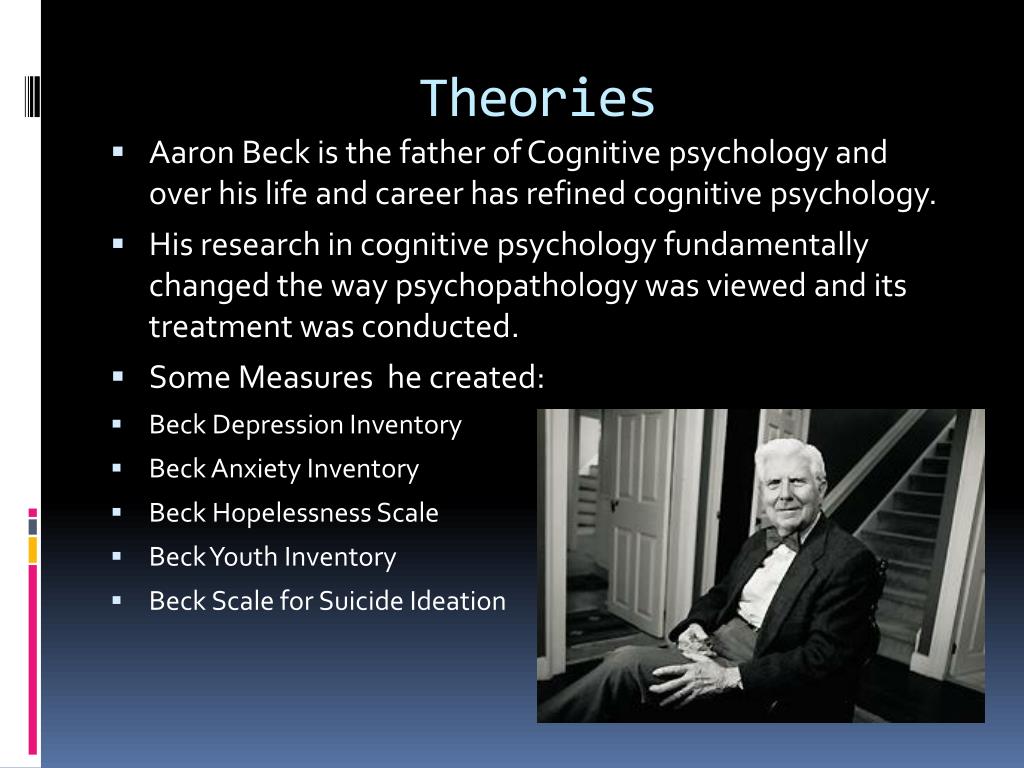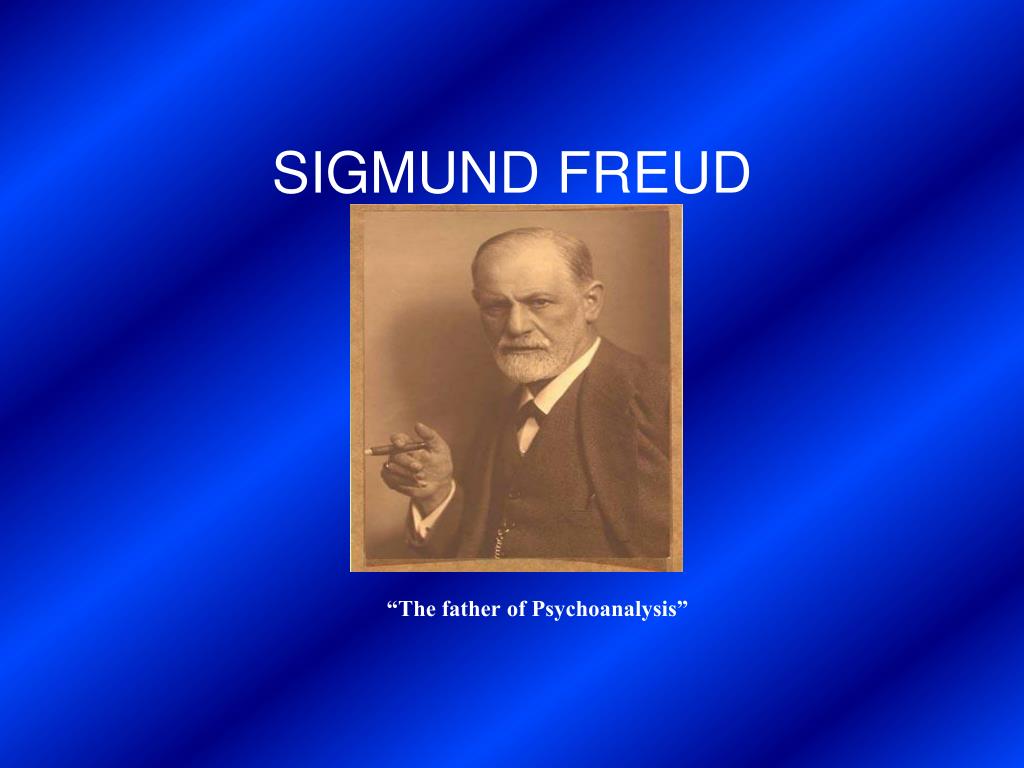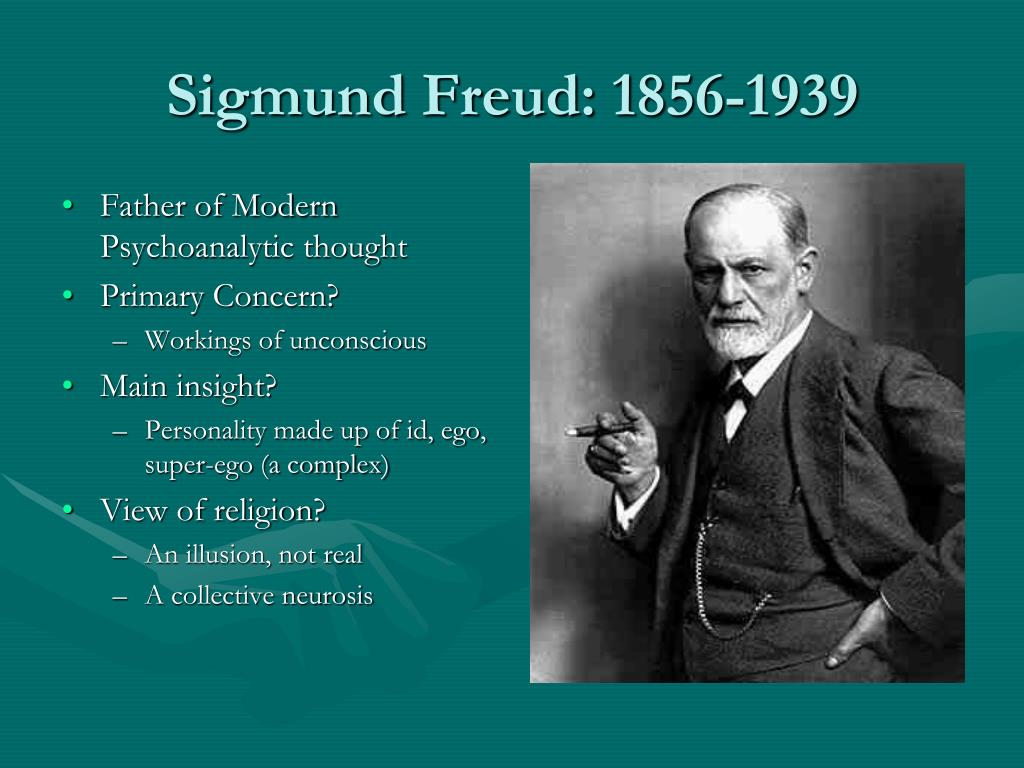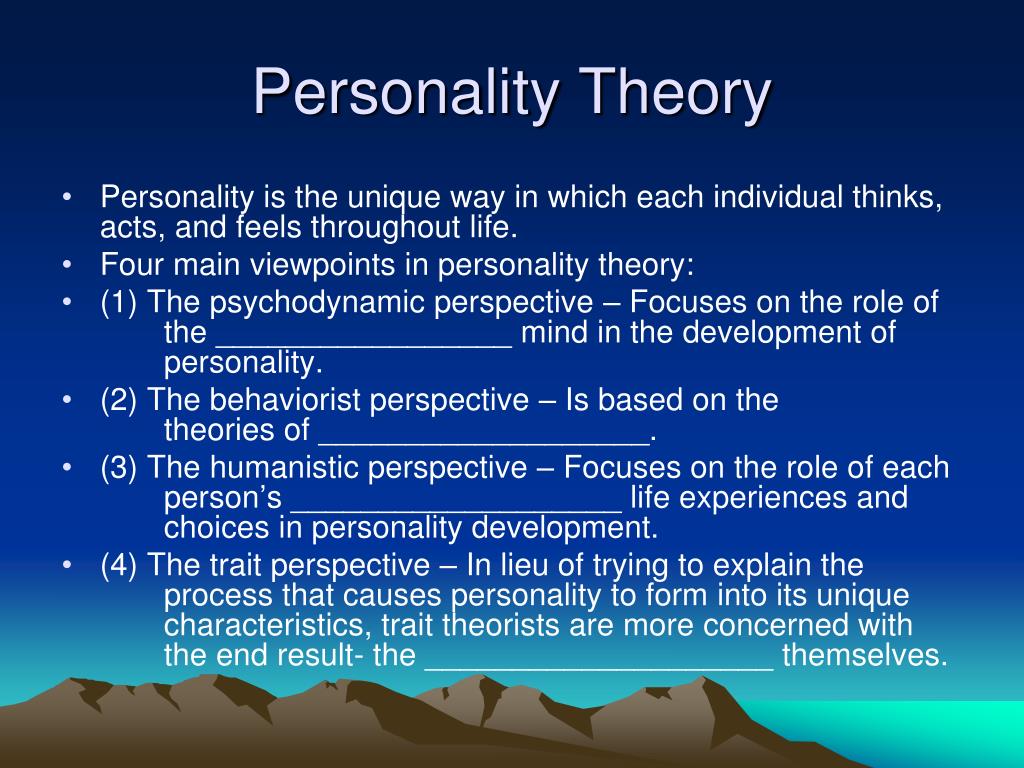
PPT Aaron Beck PowerPoint Presentation, free download ID1719389
James is known for a number of theories in psychology, including the theory of self, the James-Lange theory of emotion, pragmatic theory of truth, and the two-stage model of free will. His theory.

THE FATHER OF PSYCHOLOGY? Life And Psychology
Over the past 50 years, Gordon Allport's views of personality, and of personality psychology as a science, have had a guiding and pervasive influence. In this chapter, we examine Allport's role in bringing about one of the most significant empirical advances in the field. Allport and Odbert's (1936) psycholexical study of English language.

Wilhelm Wundt Profile The Father of Psychology Father of psychology
Martin Seligman was born on August 12, 1942, in Albany, New York. After graduating high school, he attended Princeton University where he earned an A.B. degree in 1964. In 1967, he earned a Ph.D. in psychology from the University of Pennsylvania.

Gordon Allport The Father of Personality Psychology Personality
Gordon Allport studied motivation and personality. He left a really important legacy and is a truly interesting figure in the field of psychology. Early life. Gordon Allport was born in Indiana in 1897, but his family moved to Ohio when Gordon was still a child. His father was a doctor and worked out of his home.

PPT SIGMUND FREUD PowerPoint Presentation, free download ID1278552
10.2: 10.1 A Brief Biography of Gordon Allport. Gordon Willard Allport was born on November 11, 1897, in Montezuma, Indiana. His father had been a businessman, but then decided to go into medicine and become a country doctor. It was in Indiana that Allport's father set up his first medical practice shortly before Allport was born, the.

Ppt Psychoanalytic Theory Sigmund Freud 43B
Born: November 11, 1897, Montezuma, Indiana. Died: October 9, 1967, Cambridge, Massachusetts. Founding father of Psychology. Allport placed a strong emphasis on conscious motivations and thoughts, and this led to a strong interest in the development of personality. Allport determined that every human being possesses hundreds of traits that.

Psych. Support Father of psychology, Psychology, Social influence
Allport's Contributions to Psychology. Gordon Allport died on October 9, 1967. In addition to his trait theory of personality, he left an indelible mark on psychology. Rather than focusing on the popular psychoanalytic and behavioral approaches during his time, Allport instead chose to utilize an eclectic approach.

Id. Ego. Superego. Freud. Teaching psychology, Psychology studies
Gordon Willard Allport (November 11, 1897 - October 9, 1967) was an American psychologist.Allport was one of the first psychologists to focus on the study of the personality, and is often referred to as one of the founding figures of personality psychology. He contributed to the formation of values scales and rejected both a psychoanalytic approach to personality, which he thought often was.

💣 Who is the founding father of modern psychology. Who is the father of
Publisher Summary. This chapter discusses the personality psychology that became an identifiable discipline in the social sciences in 1930. During that decade a number of separate lines of inquiry came together, culminating in the highly integrated programs for the field generated by Allport in 1937, Murray in 1938, and Lewin in 1935.

Wilhelm Wundt Father of psychology, Mindfulness psychology, Psychology
Carl Jung's personality theory focuses on the interplay between the conscious and unconscious mind, universal archetypes, the process of individuation, and psychological types. The theory emphasizes the integration of various aspects of personality to achieve self-realization and encompasses universal and individual dynamics.

Exploring the Many Psychology Theories of Personality
Reviewed by. Olivia Guy-Evans, MSc. Wilhelm Wundt opened the Institute for Experimental Psychology at the University of Leipzig in Germany in 1879. This was the first laboratory dedicated to psychology, and its opening is usually thought of as the beginning of modern psychology. Indeed, Wundt is often regarded as the father of psychology.

Wilhelm Wundt, acclaimed as the father of psychology, started his work
Gordon Allport, (born November 11, 1897, Montezuma, Indiana, U.S.—died October 9, 1967, Cambridge, Massachusetts), American psychologist and educator who developed an original theory of personality. Appointed a social science instructor at Harvard University in 1924, he became professor of psychology six years later and, in the last year of.

Humanistic psychology begins with the existential assumptions that
Gordon Allport, considered by many to be the father of personality psychology, argues that personality traits are as stable and real as physical traits. In Allport's opinion, they differ in that personality traits are developed through experience, not genes. Regardless, Allport proposed that personality traits are tangible enough to be.

PSYCHOANALYTIC THEORY OF PERSONALITY 🗣 Personality psychology
Gordon Allport was an American psychologist who is best known for his work on personality. He is widely regarded as one of the founding fathers of personality psychology. Allport rejected behaviorism and psychoanalysis in favor of an approach that stressed the importance of uniqueness and present-day circumstances in understanding personality.

PPT Theories of Personality Michael Jackson PowerPoint Presentation
Psychodynamic Theories of Personality: The Role of the Unconscious. One of the most important psychological approaches to understanding personality is based on the theorizing of the Austrian physician and psychologist Sigmund Freud (1856-1939), who founded what today is known as the psychodynamic approach to understanding personality. Many people know about Freud because his work has had a.

THE FATHER OF PSYCHOLOGY? Life And Psychology
William James (1842 - 1910) was a leading figure in psychology and philosophy at the turn of the 19th century, whose contributions laid the groundwork for many modern philosophers and behavioral psychologists. James' two main schools of thought, pragmatism, and functionalism, shape his theories on the world and his mission to seek out.